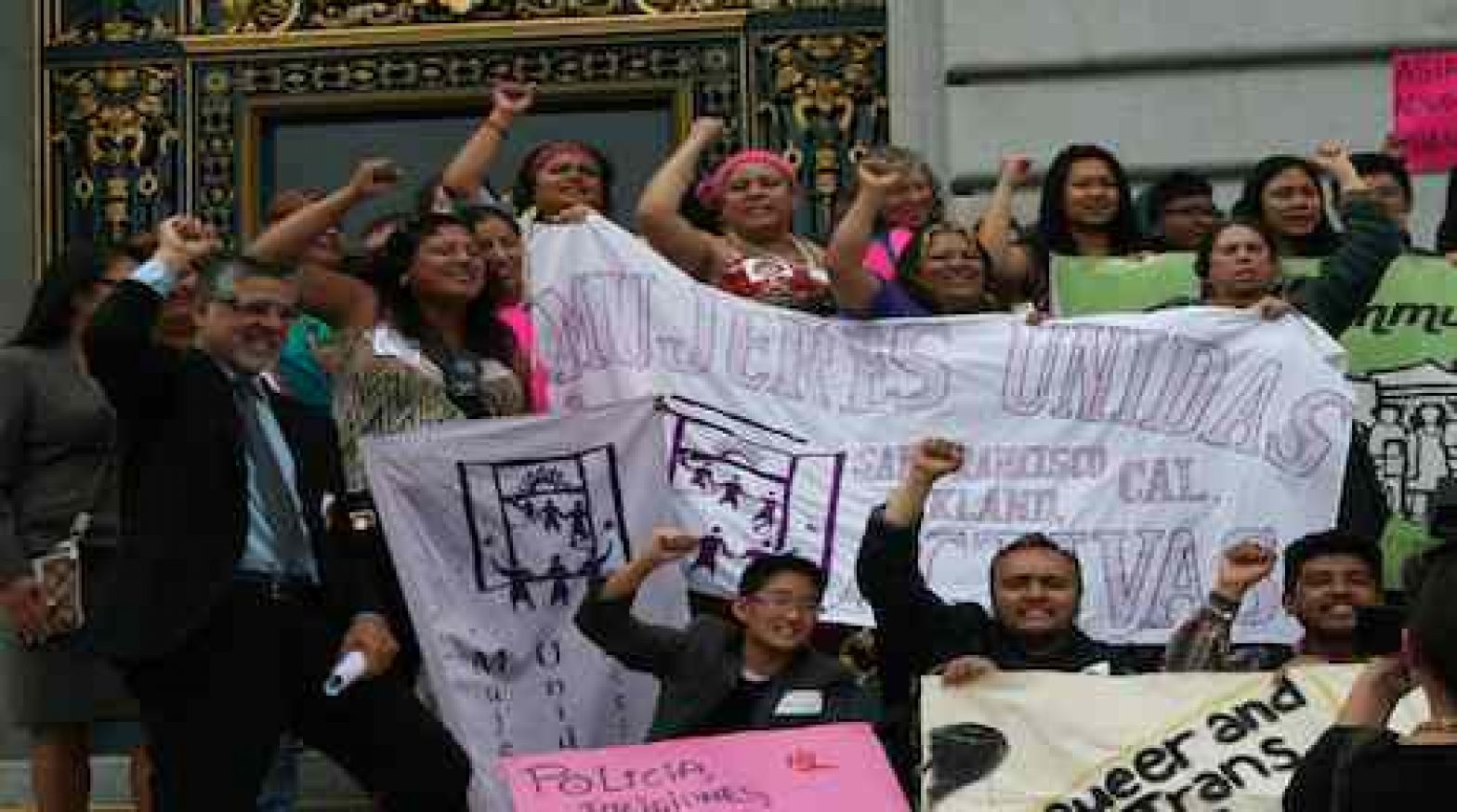News
State Agency Proposes Legalizing ‘Ride-sharing’ Companies
By Jon Brooks, KQED News Fix
The California Public Utilities Commission on Tuesday released long-awaited proposed regulations for smartphone-enabled “ride-share” services such as Lyft, Uber and Sidecar. These companies allow passengers to hire private drivers through online applications, bypassing local cabs. The advent of these services has disrupted the taxi industry and prompted bitter reactions from licensed companies and drivers. Last August, the agency sent ride-sharing firms cease-and-desist letters, which they did not comply with. This January, the agency came to an agreement with the companies, allowing them to keep operating while it drafted new regulations.









